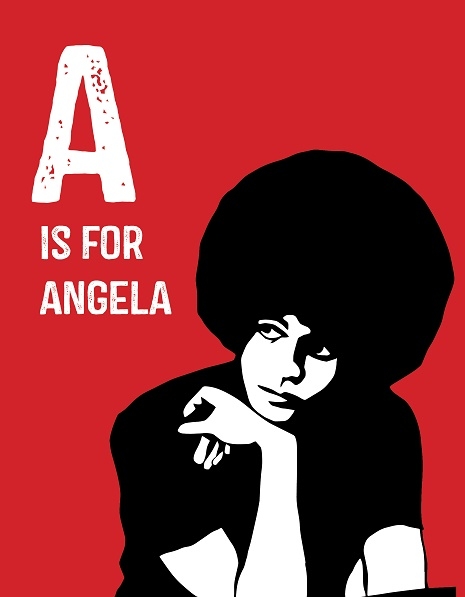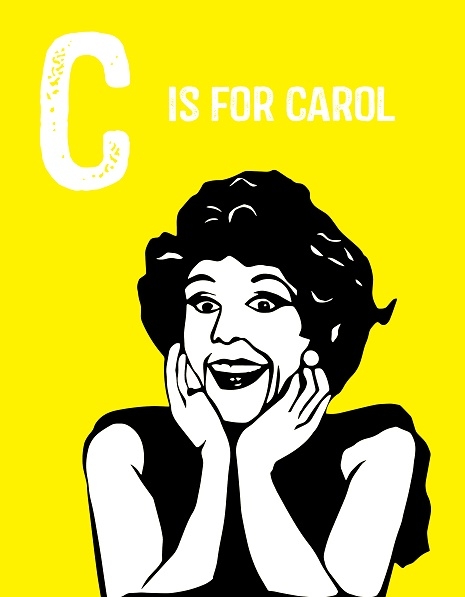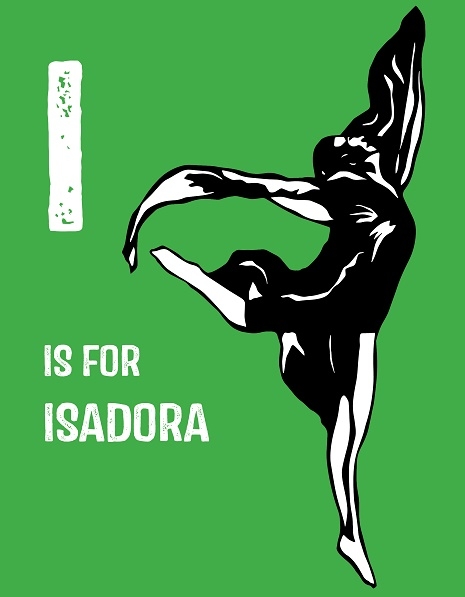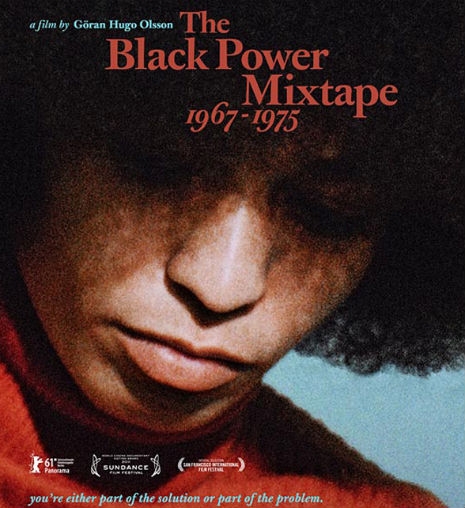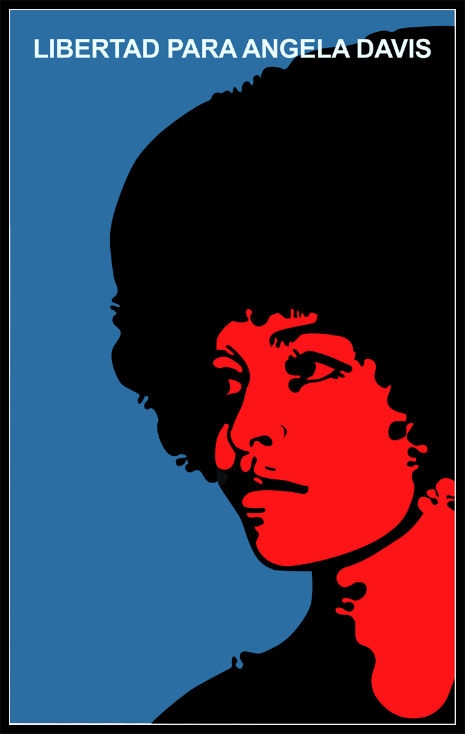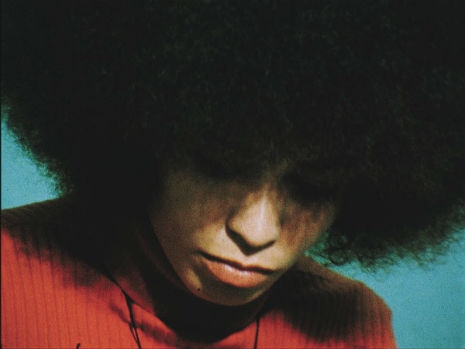
Before the release of Ice Cube’s Death Certificate, renowned black radical Angela Y. Davis interviewed him for Transition Magazine. It’s probably the first and last time a magazine has used a Gramsci quotation to introduce its readers to Ice Cube.
Davis, a former student of Herbert Marcuse, had been targeted by Governor Ronald Reagan in 1969 and 1970, when she was an assistant professor in UCLA’s Philosophy Department. At the governor’s urging, she was fired (twice), and Reagan vowed that she would never teach at the University of California again. Because who was better qualified to evaluate the work of philosophy professors than like Ronald Reagan? (Today, Davis is Distinguished Professor Emerita in the History of Consciousness and Feminist Studies Departments at UC Santa Cruz, and “Reagan” is a pair of syllables that stands for mental decay.) In ‘80, a decade after she was arrested because of her association with the Soledad Brothers, and again in ‘84, she was the vice-presidential candidate on the Communist Party USA ticket.
Ice Cube was coming from a different place. You couldn’t call his analysis Marxist, and “feminist” would have been a real stretch: he was reading The Final Call, not People’s World. This was during the period of Cube’s loudest advocacy for the Nation of Islam—before Friday, long before Are We There Yet?—when he was advocating black self-reliance (“We’ve got to start policing and patrolling our own neighborhoods,” he told Davis), endorsing an anti semitic NOI book called The Secret Relationship Between Blacks and Jews, and arguing that the Hon. Elijah Muhammad was more important than Malcolm X. He and Davis had plenty to talk about.
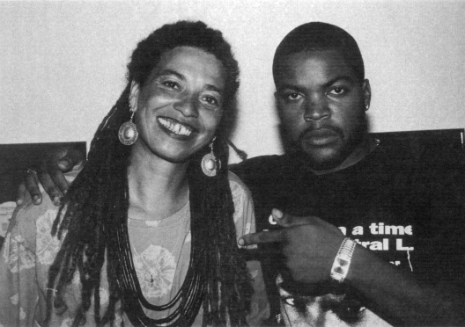
Angela Davis and Ice Cube in Transition #58
Hip-hop historian Jeff Chang, who thinks this meeting likely took place in July of ‘91, writes in Can’t Stop Won’t Stop that publicist Leyla Turkkan set up the interview, hoping it would position Ice Cube as “an inheritor of the Black radical tradition.” Chang continues:
The interview was a provocative idea—one that both Davis and Cube welcomed. But none of them had any idea how the conversation would turn when they got together in Cube’s Street Knowledge business offices.
To begin with, Davis only heard a few tracks from the still unfinished album [Death Certificate], including “My Summer Vacation,” “Us” and a track called “Lord Have Mercy,” which never made it to the album. She did not hear the song that would become most controversial—a rap entitled “Black Korea.” In another way, she was at a more fundamental disadvantage in the conversation.
Like Davis, Cube’s mother had grown up in the South. After moving to Watts, she had come of age as a participant in the 1965 riots. While Cube and his mother were close, they often argued about politics and his lyrics. Now it was like Cube was sitting down to talk with his mother. Davis was at a loss the way any parent is with her child at the moment he’s in the fullest agitation of his becoming.
Cube sat back behind his glass desk in a black leather chair, the walls covered with framed gold records and posters for Boyz N The Hood and his albums. Copies of URB, The Source and The Final Call were laid out in front of him. Davis asked Cube how he felt about the older generation.
“When I look at older people, I don’t think they feel that they can learn from the younger generation. I try and tell my mother things that she just doesn’t want to hear sometimes,” he answered.
There’s more, after the jump…






